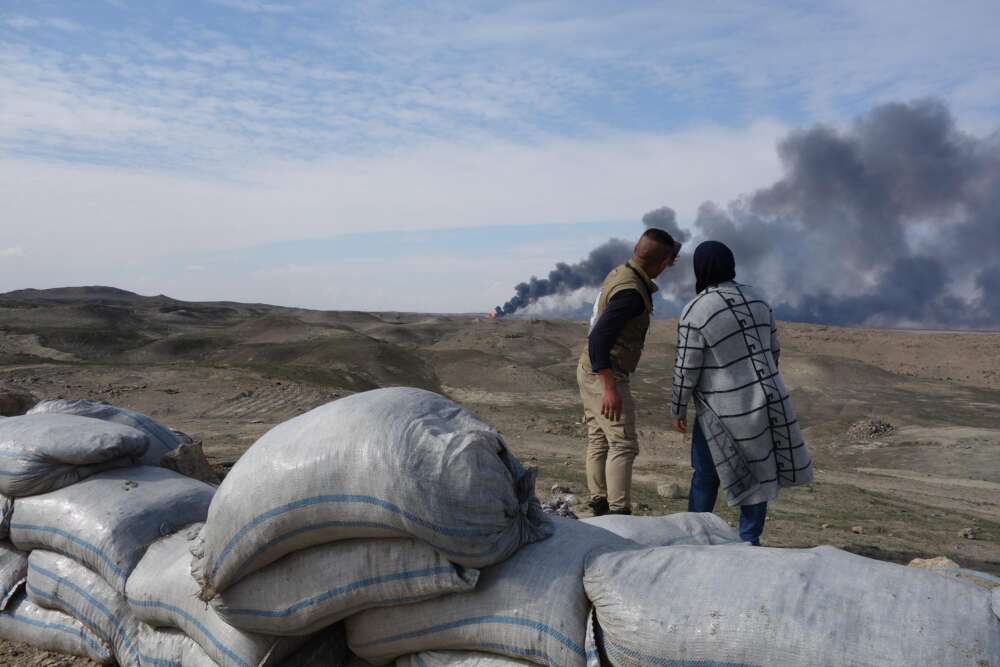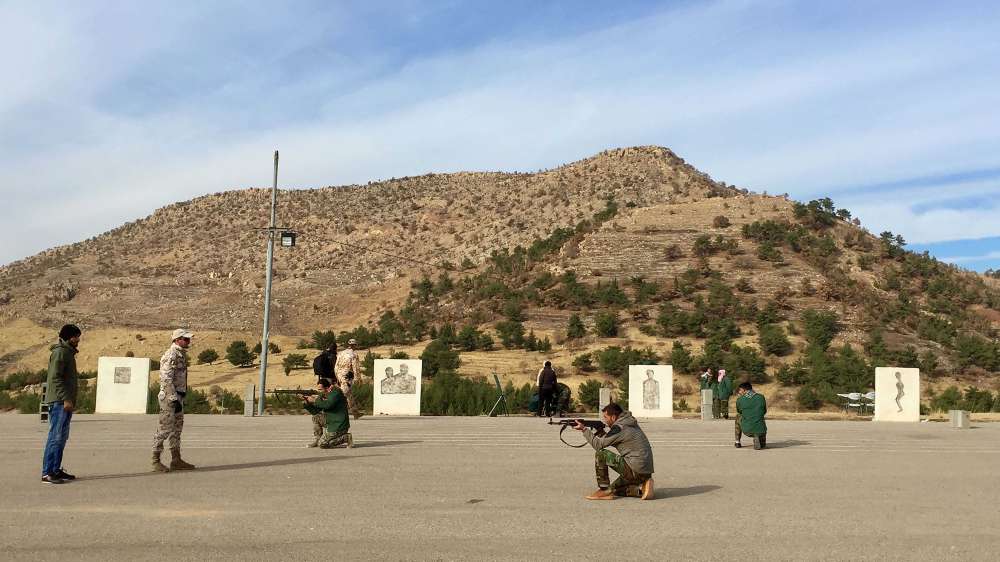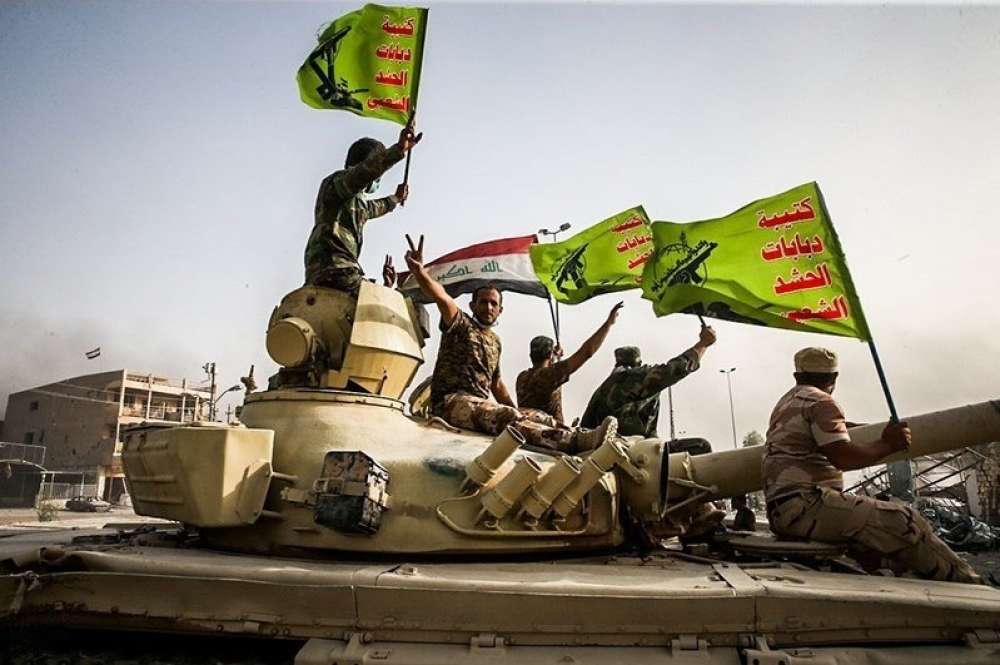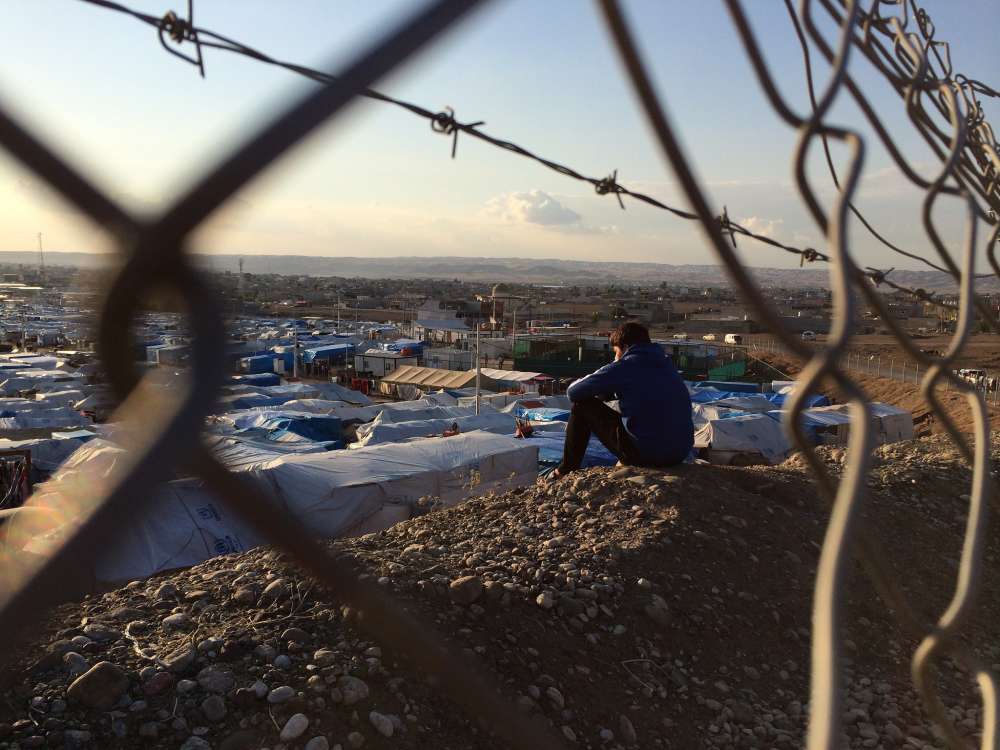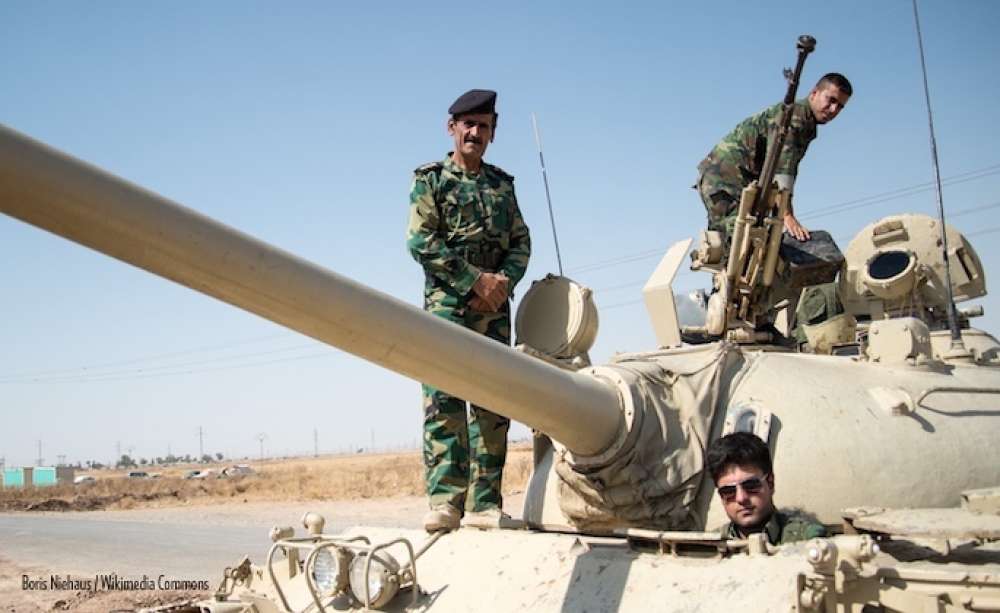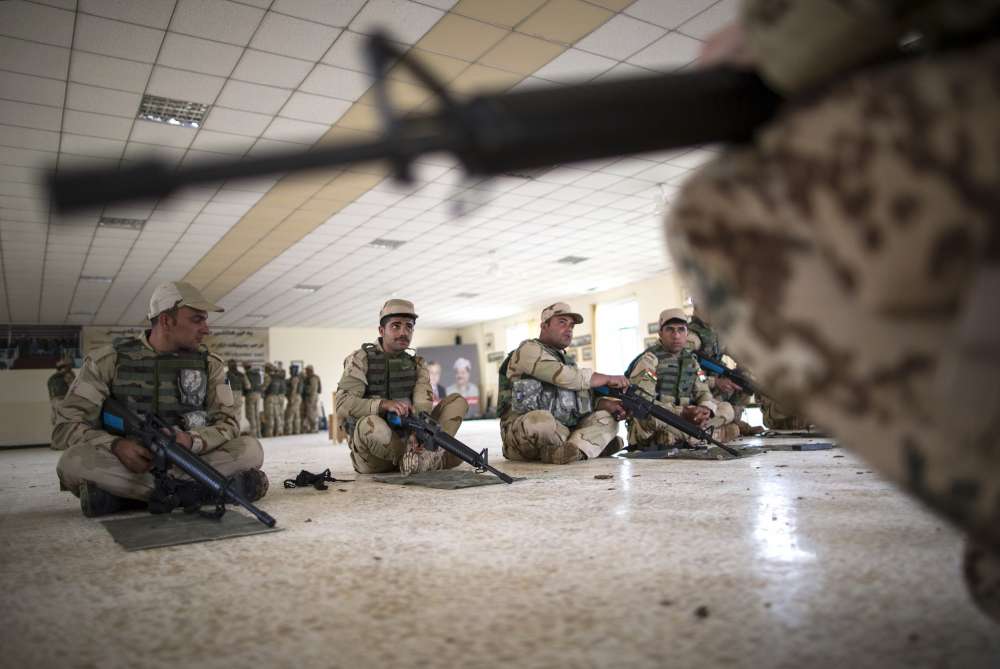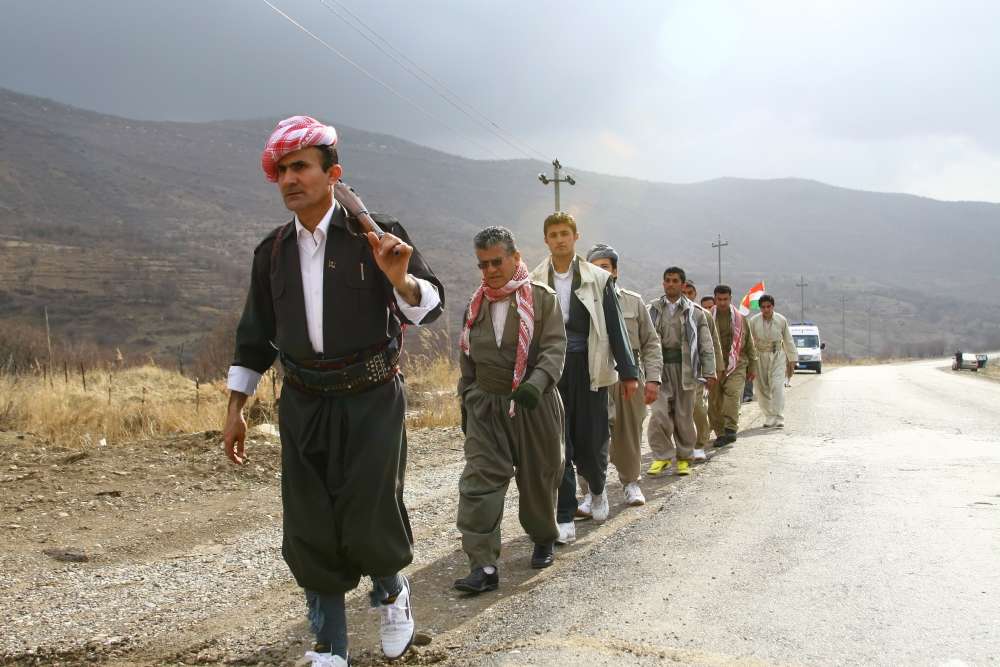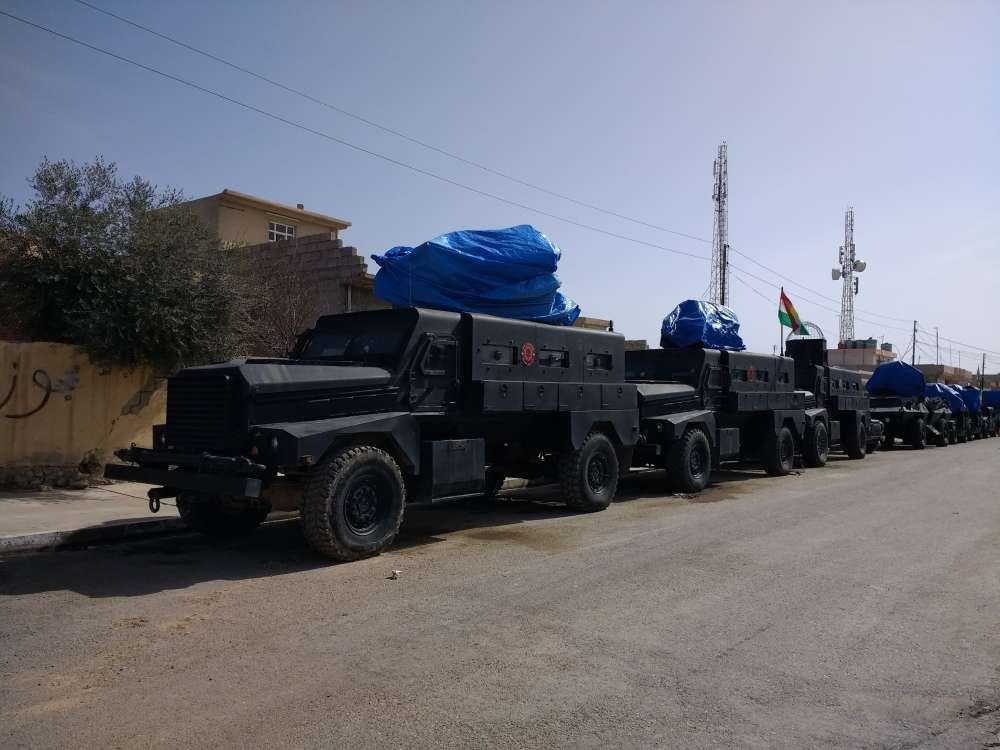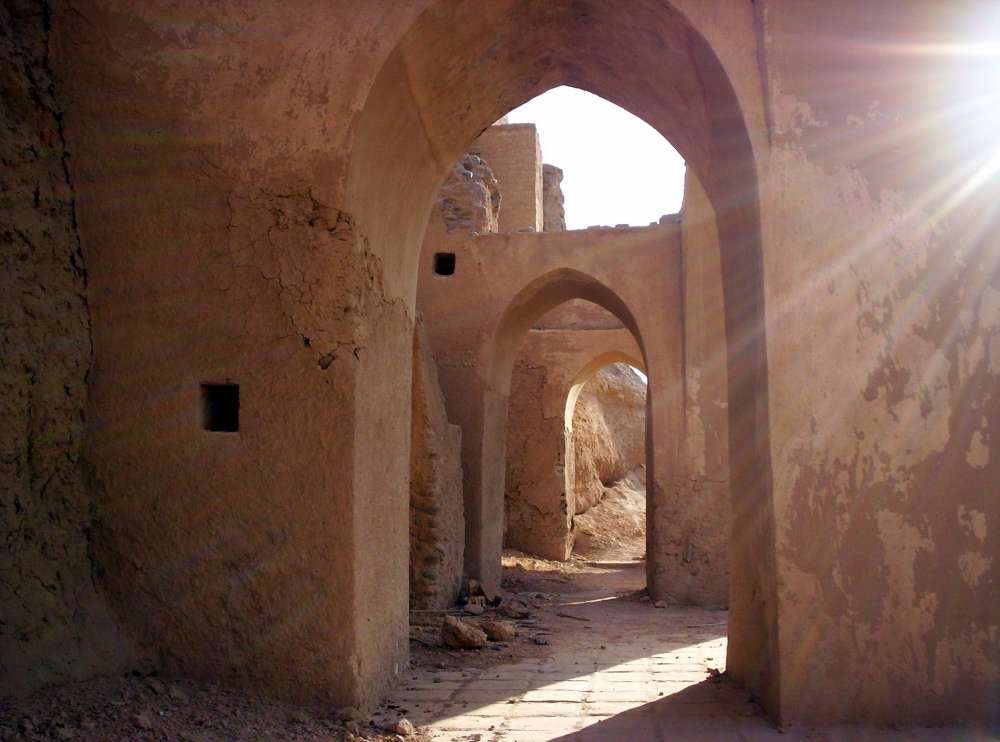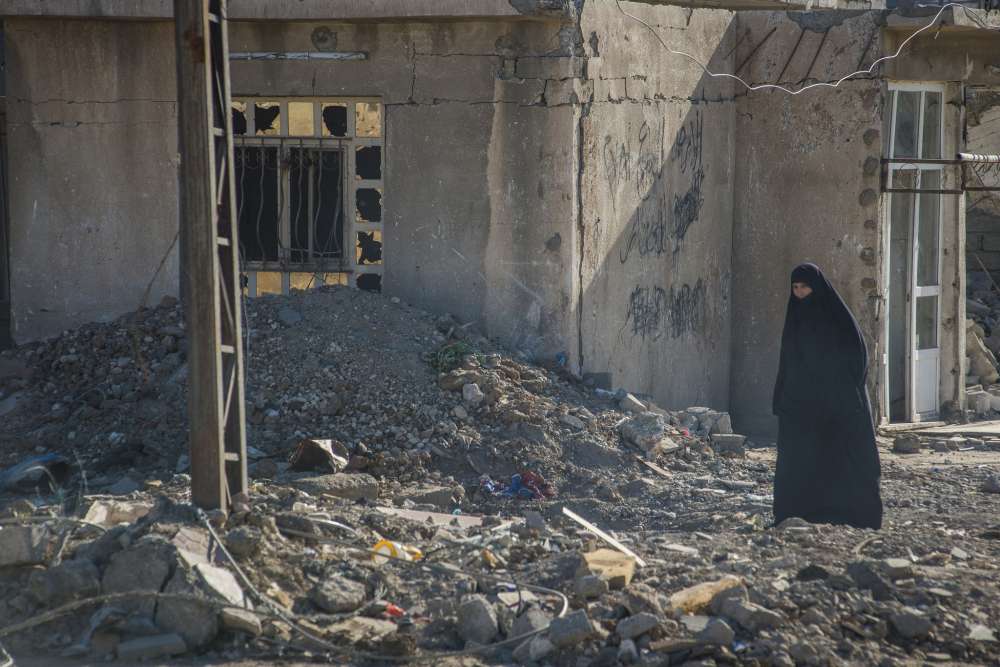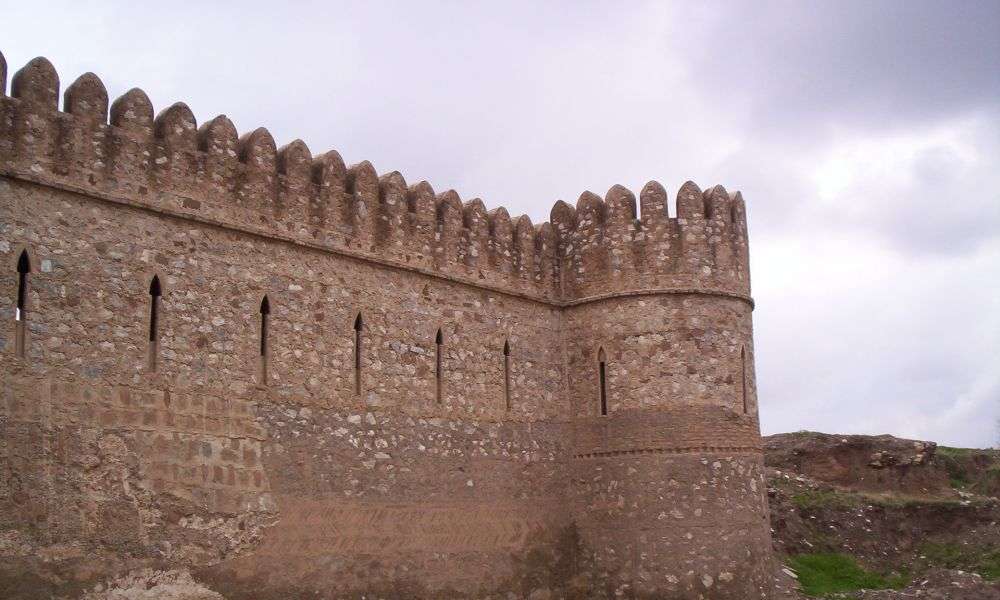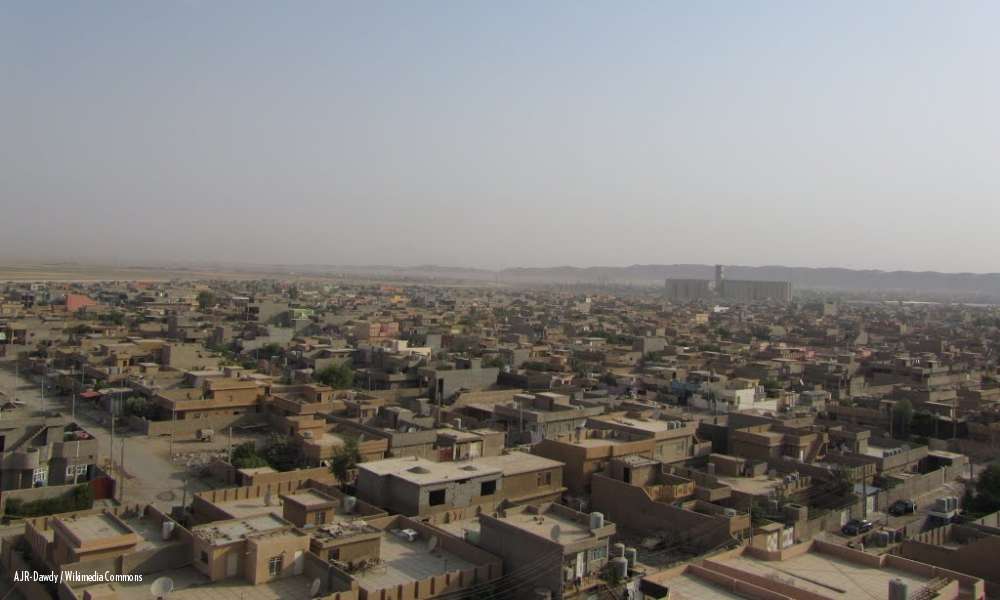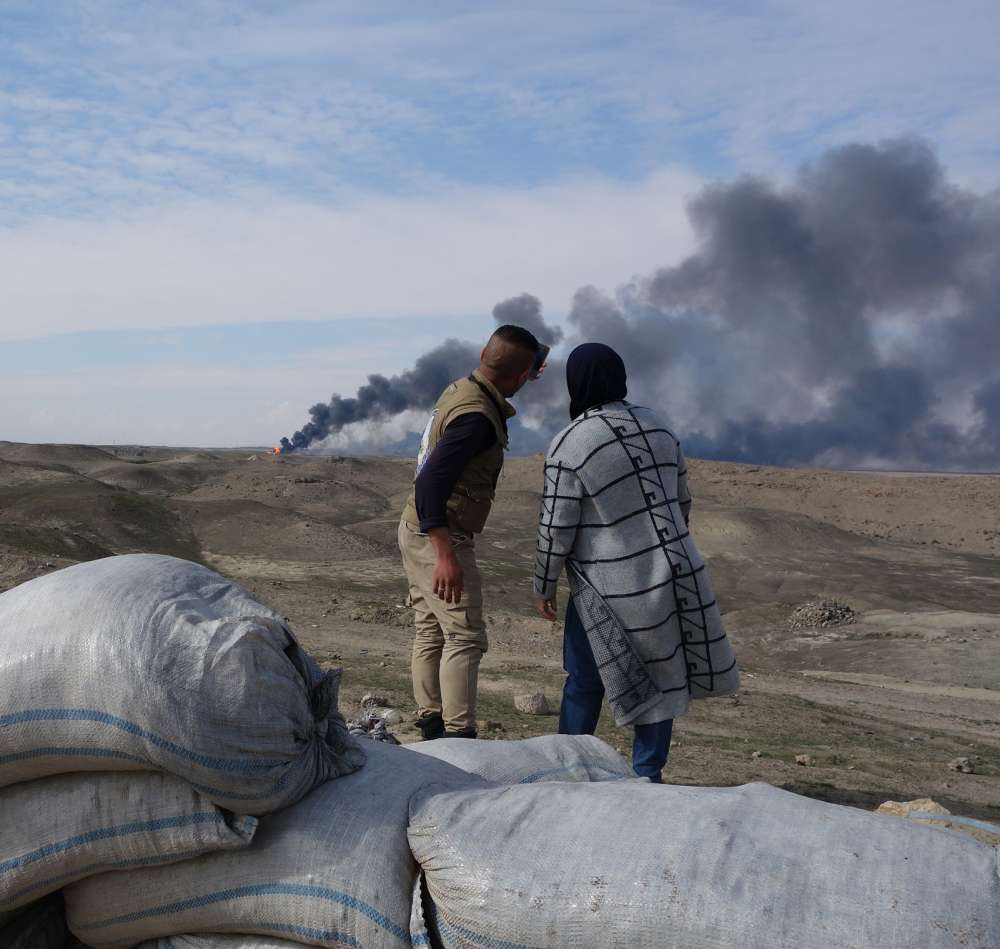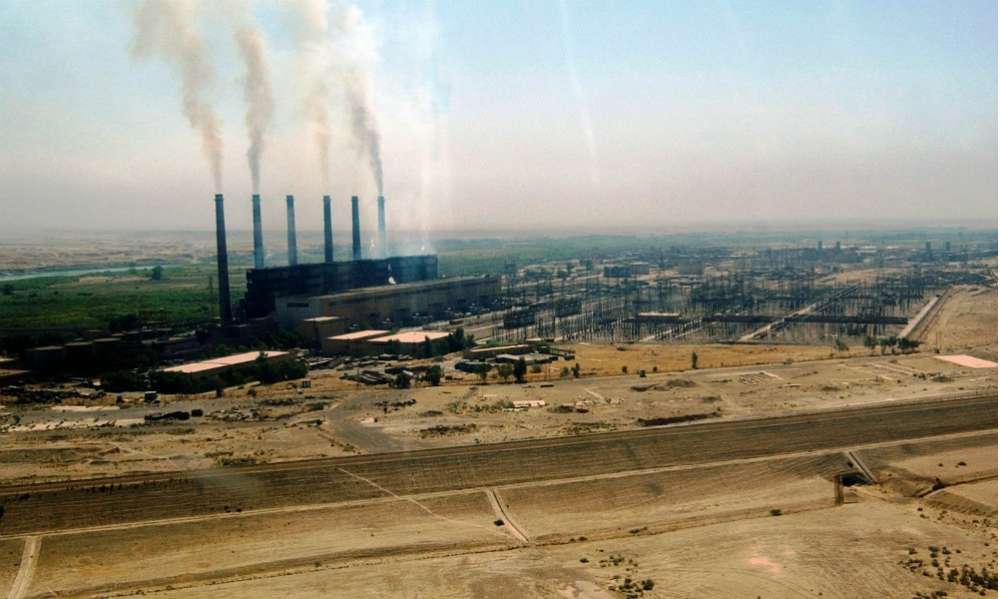Iraq after ISIL: Local and Sub-State Forces in Iraq
As the Islamic State of Iraq swept through Iraq in 2014, Iraqi forces crumbled and a range of local, sub-state, and hybrid security forces (LHSFs, as we refer to them) mobilized to fill the gaps. In a three-year project funded by the Netherlands Research Organisation, GPPi and IRIS at the American University in Sulaimaini examined the role and impact of these local and sub-state forces. We mapped the forces that mobilized and examined the role they have played in 11 geographic areas from 2014 to 2018. We then explored how these forces influenced both local and national dynamics – from stabilization and local control to local reconciliation, civilian protection, or displacement and return. In addition to the mapping and research on Iraq below, the main page and Afghanistan page for this project offer additional comparative learning and analysis.
Iraq After ISIL
The continued presence of militias, local, and regional forces poses significant challenges for stability, rule of law, and civilian protection.
At the Tip of the Spear: Armed Groups’ Impact on Displacement and Return in Post-ISIL Iraq
The large number of sub-state forces is one factor contributing to Iraq’s continued displacement crisis. This web essay disentangles the motivations and strategies of various of these actors accused of forced displacement, blocked returns, and related protection concerns.
Key Questions and Analysis
Commentary and Background Reading
Geographic Research Summaries
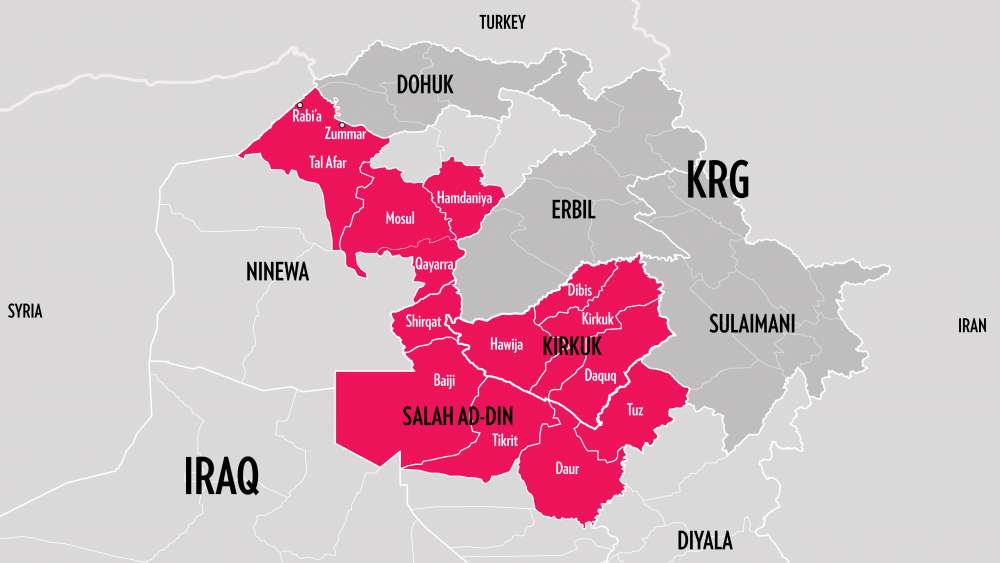
Project Team
Funding & Partners
This project was commissioned and financed by the Ministry of Foreign Affairs of The Netherlands through WOTRO Science for Global Development of the Netherlands Organisation for Scientific Research (NWO-WOTRO). It was developed in collaboration with the Knowledge Platform Security & Rule of Law (KPSRL) as part of the Ministry’s agenda to invest in knowledge and to contribute to more evidence-based policymaking. The project is jointly implemented by the Global Public Policy Institute (GPPi) in Berlin, the Afghanistan Analysts Network (AAN), and the Institute for Regional and International Studies (IRIS) at the American University in Sulaimani in Iraq.
